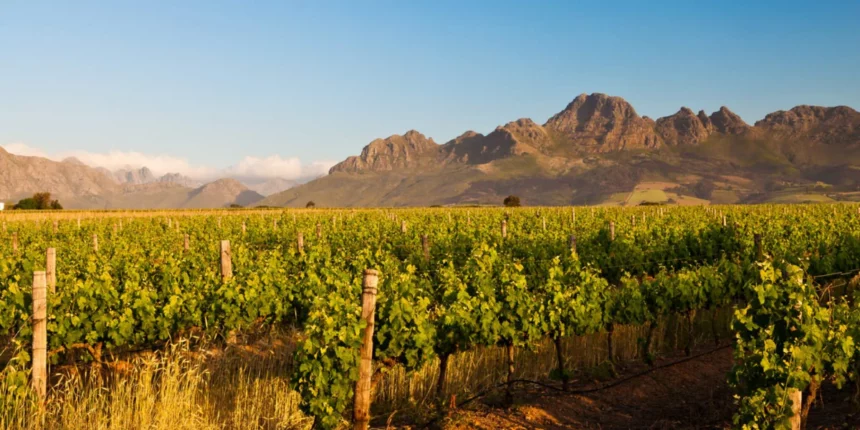Some weeks ago, I was exposed to a certain cultural practice of my ethnic community that was so fascinating that I thought I would share it here. Did you know that amongst the Gikuyu, when you are invited to a goat eating session and you eat the shoulder blade, you must cut a hole in the bone before discarding it? Failure to do so makes you liable to a fine of a whole ‘nother goat. You cannot delegate this duty to anybody else and cutting a hole in a different kind of bone does not count.
Why is cutting a hole in the shoulder blade so important you ask? Well, it works like this. Back in the days, when left over bones and offal from barbeques were merely discarded in the open to decompose naturally, wherever the bones landed grass did not grow, what with the bones blocking sunshine reaching the ground. Unlike other discarded bones, the shoulder blades can block sunlight from reaching a considerably larger patch of ground. Hence when this patch of ground does not have grass on it, the person responsible for that bone has indirectly denied a living sheep, or goat grass to eat. Therefore to prevent such an unfortunate occurrence from happening, the habit of drilling a whole the shoulder blade developed. The hole, off course, would allow sunshine through and allow grass to grow when the bone was discarded.
Nice story huh. Anyway this little anecdote got me wondering, just what relevance, if any ethnic identity has in modernity, even in the life of a person of my generation. For starters, the rite I just described in paragraph above is in itself no longer relevant as to the best of my knowledge the bone in question at the time was either composted or given to a dog somewhere. There are many old practices similar to the example I have given, with polygamy and Female Genital Cutting the most publicised. Neither seem particularly necessary in today’s world whilst FGM has been proven beyond reasonable doubt to be nothing but a threat to the health of the girl child. Yet practices such as these seem to linger. Supported, if not practiced, even by younger generation Africans. Most young Africans are so westernised these days that we can hardly even speak our respective mother tongues with at all, never mind with any great deal of fluency. On the other hand some of us, myself included, have older relatives (probably a grandmother, grandfather even a great grand father somewhere) who speak nothing but the tribal mother tongue. On that basis, alone we find ourselves cut off from our older generations.
Then there is the small matter of voting during elections. In 14 days time I might be exercising that right for the first time. In this referendum, should I vote on how I understand this draft constitution, or what the big men in the local M.P’s political party? Fortunately, for me in particular these two things dovetail nicely so it is not really a big deal. However, what happens when I see things differently from the official ‘tribal line.’
We Africans have already seen how high the price can be for entire communities caught up in the wrong ‘tribal block’ in the wrong place at the wrong time, Kenya in early 2008 and Rwanda in 1994 being the most graphic cases. Should the fact that you happen to be born to family with ambiguously relations to some fat old man in a suit, a house on a hill be the defining factor on how you vote. It might be an advantage because you no longer have to agonise over, how clever or stupid the person carrying the flag at council level is. It might give a little bit of identity because you get to participate in a collective act of identification but at what cost. You mostly end up with a government full of mediocre individuals mostly either lining their pockets with tax money or simply failing to stand up for you when you actually need his assistance. Certainly, ethnicity should not be allowed to dictate some things yet the reality is it often does. Even when that representative of the community benefit’s the tribe as a whole what happens to those communities whose ‘representatives’ miss out?
All in all many young people in Africa today certainly still know that we have Igbo, Somali, Maasai, Xhosa, Fulani, Shona, Hutu, etc (the list is endless) blood flowing in their veins. Thusly this has certain effects on our identity and relations (some I have mentioned here some I haven’t) on how we relate to one another and our environments. Mostly the effects are negative, retrogressive, and or unappealing. Can things be different especially now, as I believe many African countries are set to witness a generational shift in leadership to a crop of leaders with no memory of colonialism? Perhaps yes, perhaps not.
